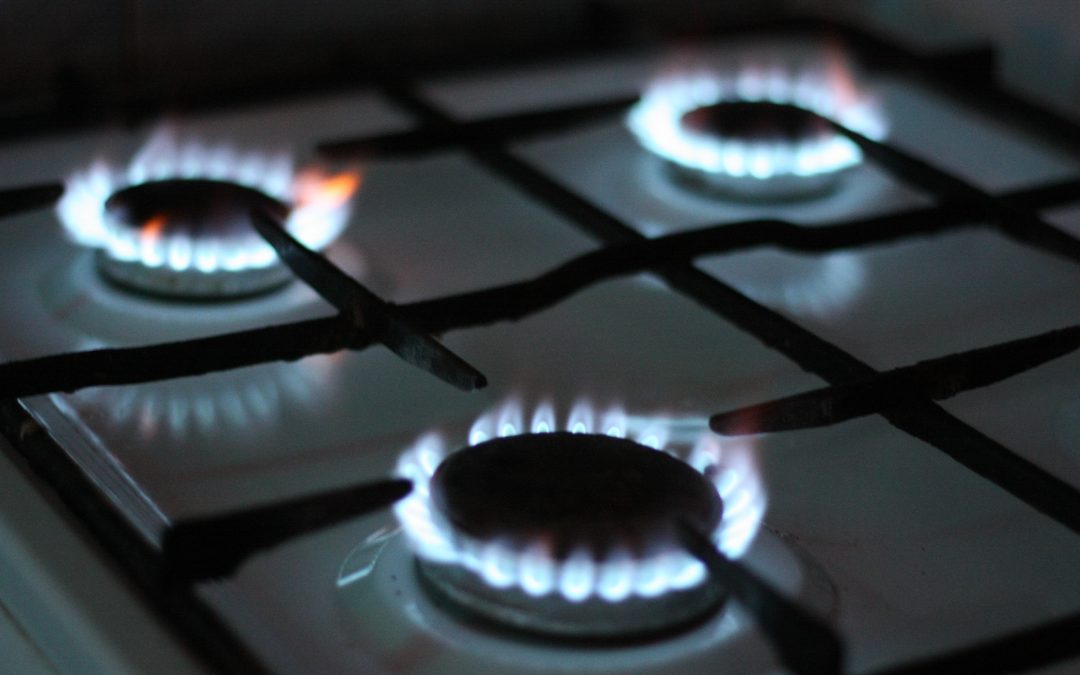Poland is among several member states to have expressed doubts about the European Commission’s proposal to reduce gas consumption, as the bloc prepares for potential further supply cuts from Russia. Warsaw argues that the EU is calling for sacrifices and solidarity in one area but not in others.
Brussels proposes that countries reduce gas usage between August and March by 15% compared to average consumption between 2016 and 2021. It suggests that member states switch to renewable energy sources instead of gas, although it allows for the possibility of using coal, oil or nuclear power
This is not a solution that sits well with Poland, whose gas storage facilities are among the fullest in Europe but which is grappling with the possibility of coal shortages this winter, in a country where 70% of electricity is generated from coal and 35% of households use it for heating.
The government has approved an allowance of 3,000 zl (€630) to households for buying coal after admitting that a recent plan to cap prices has failed
Around 35% of Polish homes use coal for heating and 11.5bn zloty will be allocated for the new programme https://t.co/Zj7YPA8utL
— Notes from Poland 🇵🇱 (@notesfrompoland) July 19, 2022
The Polish government also argues out that the EU’s call for solidarity on gas is not reciprocated on other issues, for example the Emissions Trading System (ETS), which Warsaw blames for driving up energy prices in Poland.
“The European Commission is proposing a gas solidarity mechanism for countries because the energy security of those who are short of gas is at stake,” tweeted climate minister Anna Moskwa.
“Will there be the same mechanism for ETS charges?” she asked. “Because in Poland, it is this tax which is undermining our energy sector. We expect real solidarity.”
In an editorial for the Financial Times earlier this month, Prime Minister Mateusz Morawiecki declared that “ETS drives inflation and threatens to send millions of citizens into fuel poverty”.
Komisja Europejska proponuje mechanizm solidarności gazowej państw, bo zagrożone jest bezpieczeństwo energetyczne tych, którym gazu brakuje. A czy powstanie taki sam mechanizm dla opłat ETS? Bo w PL to ten podatek osłabia naszą energetykę. Oczekujemy prawdziwej solidarności
— Anna Moskwa (@moskwa_anna) July 21, 2022
Meanwhile, the Polish government’s spokesman, Piotr Müller, suggested that Germany – whose gas storage is currently around 65% full compared to Poland’s 98%, according to figures from GIE’s Aggregated Gas Storage Inventory – is also making selective calls for solidarity.
“I would like to see the same solidarity on the part of Germany by supplying arms to the east of Ukraine in order to make Europe safer,” said Müller at a press conference today, quoted by news service 300Polityka.
Poland is not the only country sceptical of the European Commission’s gas plans. Spain and Portugal have openly expressed opposition while Hungary and Italy have also raised concerns, reports Bloomberg. Reuters reports that Denmark, France, Malta and the Netherlands are also among the doubters.
I've seen a lot of reports, both Polish and international, saying Poland is well prepared for gas shortages because almost 100% of its storage is full.
But that ignores the fact that Poland has relatively little storage. It currently has only 14% of annual consumption in storage https://t.co/3x8cEhWA1r
— Daniel Tilles (@danieltilles1) July 12, 2022
Even before Russia’s invasion of Ukraine – and the subsequent decision by Gazprom to cut off Poland’s gas supplies – Poland had already for years been seeking to diversify its sources of gas away from Russia.
It has boosted imports of liquefied natural gas (LNG) and later this year will launch the Baltic Pipe, a new pipeline bringing gas from Norway to Poland.
The country is, however, facing a coal shortage, after banning imports from Russia in April. In its latest effort to address the problem, the government this week announced that it would provide payments of 3,000 zloty (€630) to households that use coal for heating.
Main photo credit: Mykola Makhlai / Unsplash

Alicja Ptak is deputy editor-in-chief of Notes from Poland and a multimedia journalist. She has written for Clean Energy Wire and The Times, and she hosts her own podcast, The Warsaw Wire, on Poland’s economy and energy sector. She previously worked for Reuters.




















